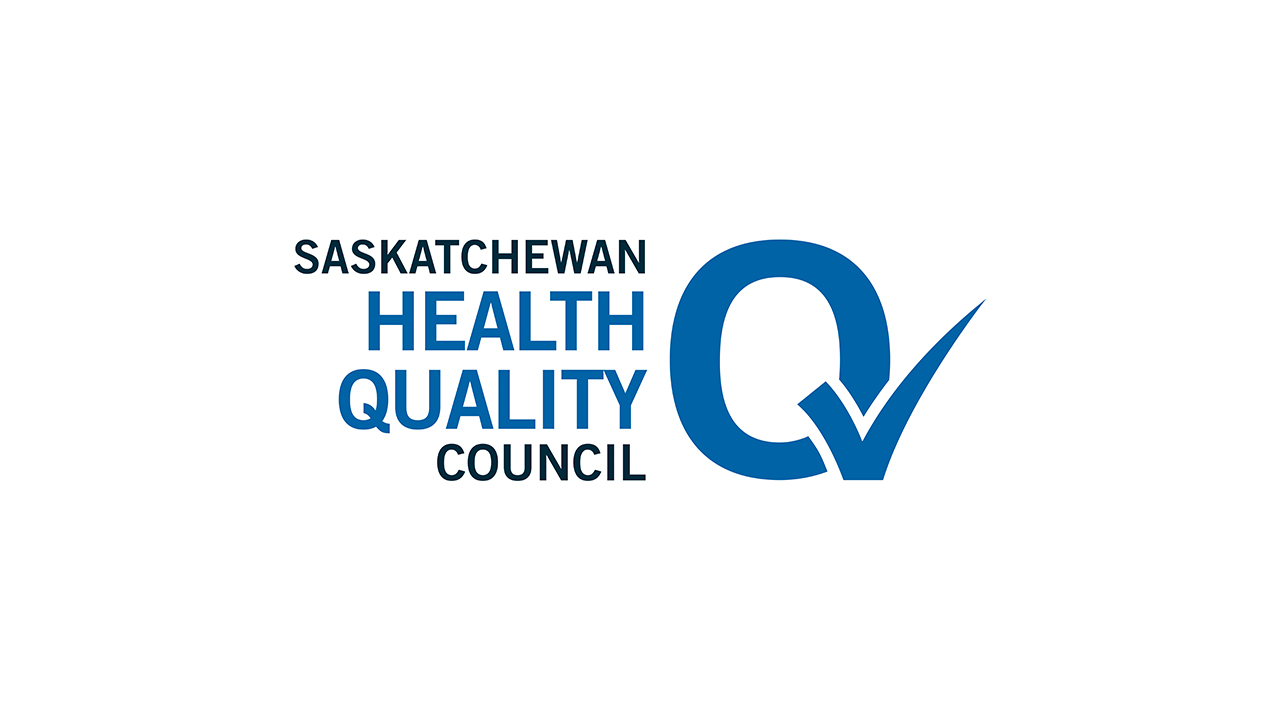Although the province’s second Chronic Disease Management Collaborative (CDMC II) officially ended in March 2011, improvements to depression care continue to gain momentum in Prairie North Health Region.
Gary Nolin, Director of Primary Health Care, is part of a 10-member working group of physicians, frontline staff, leadership, and Collaborative participants working to standardize and spread best practices in depression care across Prairie North.

“About 40% of people with chronic disease have depression,” says Nolin. “If they are screened as possibly having depression, we can give them the resources to do something about it. If you can get a handle on the depression, we can open up appointments, improve access, and most importantly, improve the quality of people’s lives.”
As a program director with Prairie North, Nolin is enjoying the opportunity to work directly with frontline care providers like Kellie Heidel. Heidel, a chronic disease clinical nurse facilitator in Prairie North, was originally hired as part of CDMC II. Part of her role was pulling together the region’s depression care working group. One of the group’s main goals is to help educate and train staff about existing tools and resources available for assessing depression.
“It’s up to individual departments to decide if they want to use the tools as part of their assessment,” says Heidel. “Through chronic disease management, we can provide both the tools and education on how to use them.”
For example, people seeking care in Prairie North are asked to fill out a PHQ-9 assessment, a nine-question screening tool that helps identify clients who may be experiencing depression. After clients complete their self-assessment, a member of the primary health team will review it with them.
Staff then use an algorithm to identify next steps, based on a patient’s PHQ-9 score. Physicians, nurse practitioners, diabetes educators, physiotherapists, dietitians, and mental health therapists are all now using these screening tools.
“With the PHQ-9 and the algorithm, staff now feel more comfortable determining the most appropriate next steps for patients,” says Heidel. “They didn’t want us just telling them, here’s a PHQ-9. They wanted education, training, resources, and support. You have to explain to people what this is, why it matters, and how to use it. You have to give people all of the different pieces if you want them to be successful.”
Dr. Dallas Savoie, a clinical psychologist in Prairie North, tweaked the algorithm to fit the team’s needs, while colleague, Dr. Yasin Mahmood, a psychiatrist, helped educate physicians about the tools.
Savoie says tools like the PHQ-9 (and related algorithm) are important because clients often aren’t aware they may have depression. “This is a standardized screening tool,” says Savoie. “It taps enough to show there may potentially be a problem, like a diabetes screen but for depression. If someone answers positive to the suicide question, I don’t expect a physiotherapist or occupational therapist to be prepared for that, so we needed to figure out if someone answers yes, what should staff do?”
Savoie and Heidel recognized that educating staff was only part of the equation. Clients themselves also need education and support. Through the Chronic Disease Management Collaborative, patients were provided with a self-help tool called the Antidepressant Skills Workbook. However, Prairie North’s working group felt clients needed something more, so they created a one-time, two-hour education session called “Out of the Blue.” In it, clients learn about factors contributing to their depression and coping skills; they can also ask questions, share concerns, and learn from one another.
“Out of the Blue” sessions, which began in December 2011, are held the last Wednesday of every month. There’s no charge to attend, but participants must be referred by a health care provider. All sessions are confidential and led by mental health therapists. To date, six people have attended.
Heidel says the working group’s next steps include continuing to educate staff and clients, and making improvements along the way. “I’m proud of how well this has gone,” says Heidel. “Everyone had great input, great participation, and we’ve accomplished a lot. It hasn’t ended. We want to keep doing what we’re doing, and spreading the word.”
-30-
Click for more information about the Chronic Disease Management Collaborative II, or call Saskatchewan’s Health Quality Council at (306) 668-8810.
For more information about Prairie North’s work to improve care for people living with depression, contact Joan Wentworth, Manager, Chronic Disease Management Services, Prairie North Health Region, (306) 446-6400 or email chronicdisease@pnrha.ca.
*Photo of Prairie North’s depression care work group (L-R): Gary Nolin, Director Primary Health Care; Joan Wentworth, Manager Chronic Disease Management Services; Terry White, Mental Health Therapist; Dr. Dallas Savoie, Clinical Psychologist; and Kellie Heidel, Clinical Nurse Facilitator.
Missing from photo: Dr. Yasin Mahmood, Psychiatrist; Garth Harrison, Mental Health Therapist; Dr. Wai Yuen, Manager Adult Community Services; Loraine Whitehead, Director Mental Health and Addiction Services; Elaine Wall, Nurse Practitioner; and Faith Nash, Primary Health Care Team Facilitator.



